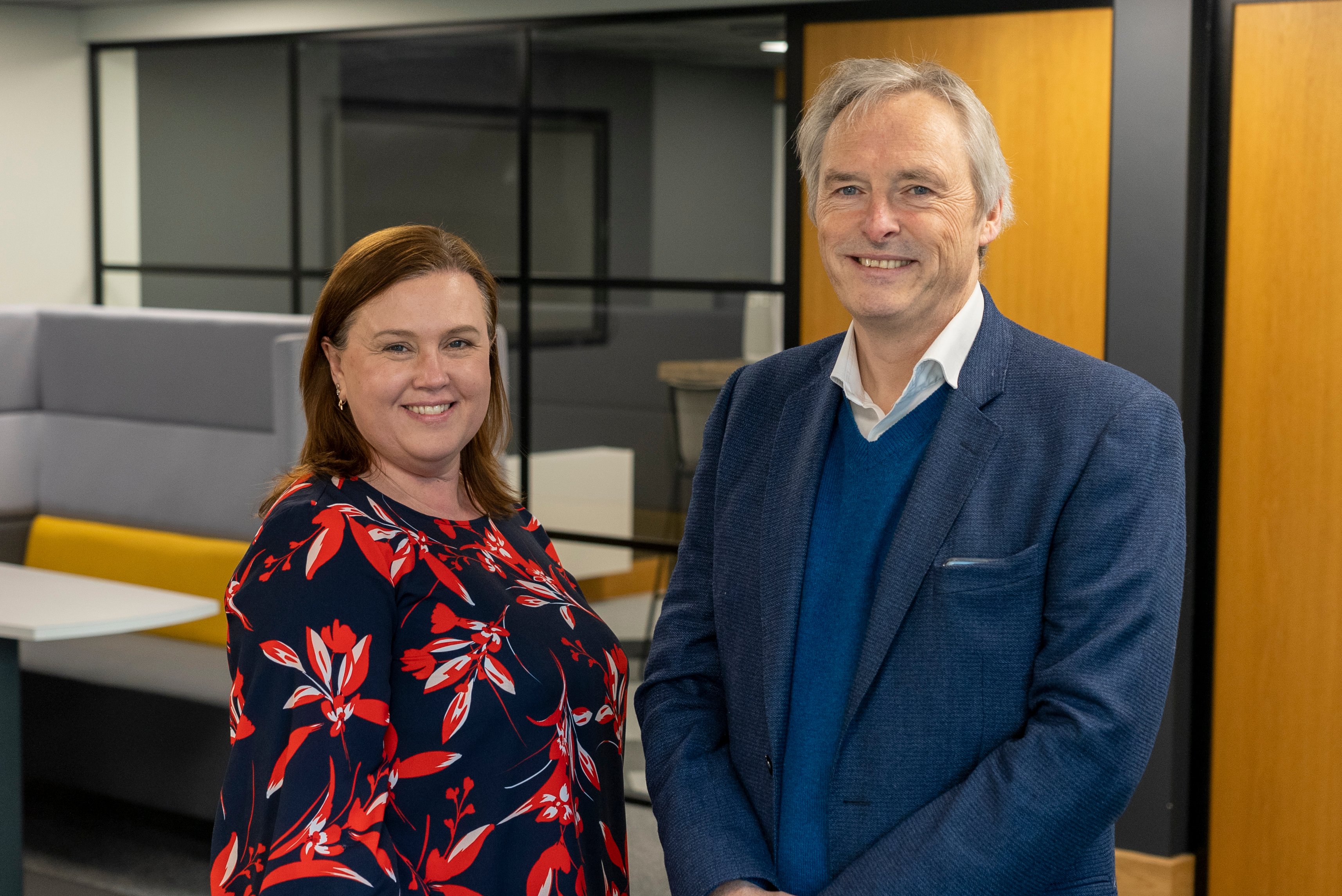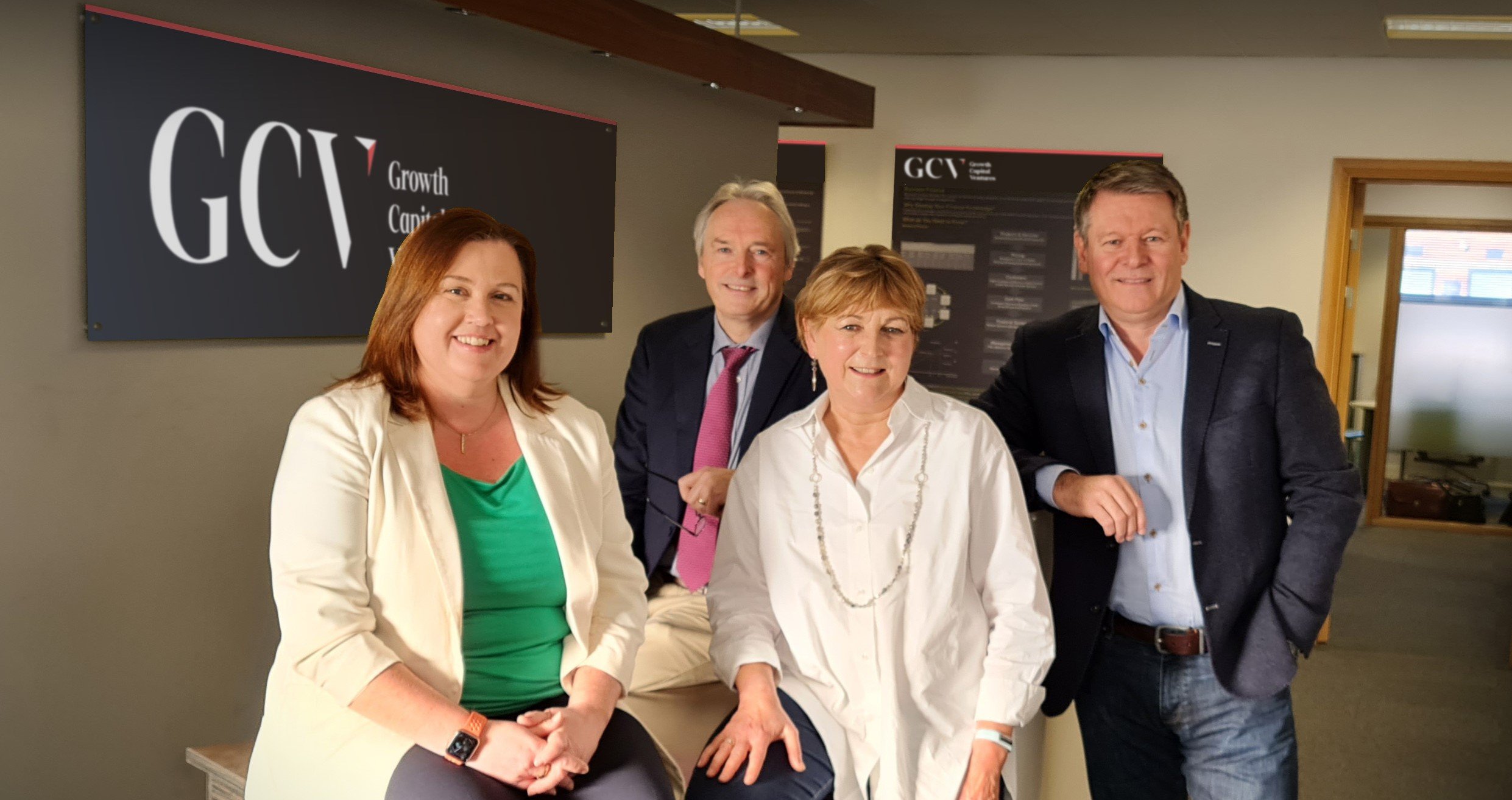Craig Iley and Alison Alden Q&A - Business Finance Market
At the point of writing, the current EIS-eligible investment opportunity for Business Finance Market (BFM), who are trading as Finance Nation (FN), is over 93% towards its target. With interest amongst investors continuing to be high and conversations producing a number of interesting questions, we posed a selection to Craig Iley (founder and CEO) and Alison Alden (CFO) for their thoughts.
Why is BFM/FN raising funds now? How will funds be deployed to create value?
The last 15 months have seen BFM/FN rapidly scale from a concept to an operational company. We have on boarded our executive team, received FCA authorisation as a credit broker and moved our platform from a wireframe design to a functioning solution.
We are now in one of the most exciting phases of a company’s journey - at the starting line of launching to market and scaling as we do.
The £2 million raised in this round will allow us to do just that, but importantly, at the acceleration we have become accustomed to. We have delivered every single milestone on or before target to date and it’s now our focus to continue doing exactly that as we launch and scale.
Why is BFM/FN so necessary now and why hasn't a solution been introduced before?
Humans are creatures of habit. Unless something is not working to the point of it being entirely unusable, we will look to persevere for limited returns. Grace Hopper said it best when she highlighted how the most dangerous phrase in the English language is “we’ve always done it this way”.
Financial services has entered a transformative period in recent years. We’ve seen the introduction of digital-only banks. Insurers pricing premiums on real-time activity. Yet we’re only at the very early stage of this transformative period.
Many mortgage lenders still require paper versions of documents. Many institutions still rely heavily on outdated and cumbersome technology that affects the customer journey. And unfortunately, many SMEs - if not the majority - are faced with an uphill battle to secure the funding they require to grow.
However you word it - the lifeblood or engine room of the economy - SMEs drive our countries forward. They account for 99% of businesses in the UK. Yet the financial setup for borrowing money is so outdated, cumbersome and ultimately broken that as a country, we’re effectively preventing their growth.
The solution isn’t a nicety. It needs to happen. It’s just one part of the financial services industry transforming, but it’s an absolutely vital one.
What is the importance of the Finance Nation brand?
Managing our brand is critical to the business because of the overall impact it makes. Finance Nation will change how people perceive our offering; it will drive new business, and increase brand value.
It may seem insignificant to some, but the reality is the right brand plays a vital role in the success of a company. A strong brand generally means there is a positive impression of the company amongst stakeholders, and they are likely to do business with us because of the familiarity and assumed dependability of using a name they can trust. Once the brand is established, word of mouth will be the company’s best and most effective marketing technique.
Our branding and communications is driven by our immensely experienced CMO, Jude Browne, who has worked with a vast array of global brands, from Coca Cola to BT. Jude summarises the importance of the introduction of the Finance Nation brand perfectly, saying “The brand is so much more than a new logo and website. By introducing “Finance Nation” early on, we are recognising the need to manage the process of identifying, creating, and managing the cumulative assets and actions that shape the perception of our offering to all stakeholders.”
Only two of the five revenue streams have been modelled. What's the plan with the third, fourth and fifth revenue streams?
Whilst the first two revenue streams are those upon which our financial model is built - and subsequently, investor target returns calculated - it’s arguably the third, fourth and fifth revenue streams that could be the most significant for the company.
The primary reason for this is those three revenue streams are all built on the data that the platform will generate and process, and the subsequent value that can be extracted from that data.
For instance, the fourth revenue stream accounts for the behavioural thread element of the data. By using machine learning to oversee the composition of smaller data subsets, behavioural threads from applicant SMEs will be established. When utilised, these behavioural threads could allow lenders to significantly enhance their offerings, such as in ways we see with personal finance currently with pre-approving lending.
As the company grows and further establishes the first two revenue streams, focus will increase on developing the remaining three.
What do the coming months and years look like, including the potential exit?
For anyone involved in the SME lending market - lenders, brokers and SMEs themselves - it’s very clear that the issues need to not just be addressed, but resolved. And as a matter of urgency.
Our focus is to continue driving our solution forward into the market. Our platform will develop, our team will grow and our reputation will be established. In reality, we only need to originate or process a comparatively small sum of lending (against the market as a whole) to achieve our financial targets - but this is a platform that goes far beyond financial revenue. The SME lending market is broken and we’re driven to fix it.
We’ve spoken about both IPO and trade sales as exit routes, and both are plausible and realistic. As with many companies, IPOs can be seen to offer the more controlled exit strategy, but we are of a very strong belief that the value BFM/FN is creating across its five revenue streams, and the impact it is making in the SME lending market, results in it being a particularly attractive proposition for a trade acquisition.
For full information on Business Finance Market and their EIS-eligible opportunity, you can view the pitch details here.
%20(3)%20(2).jpg)







